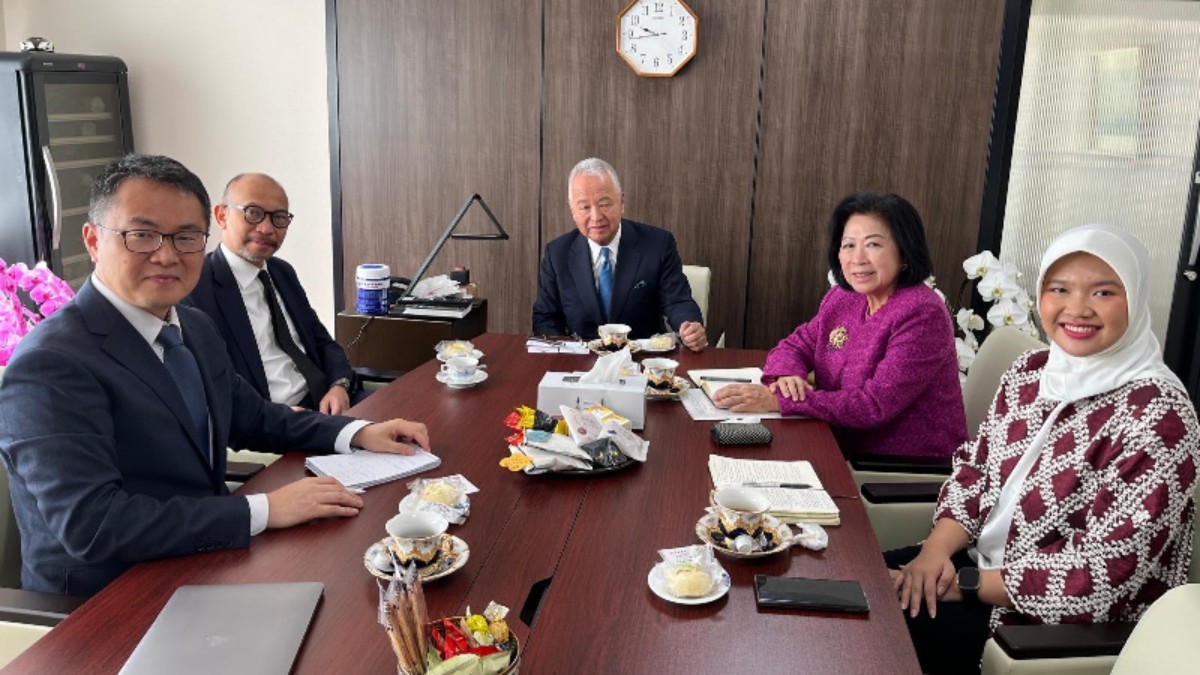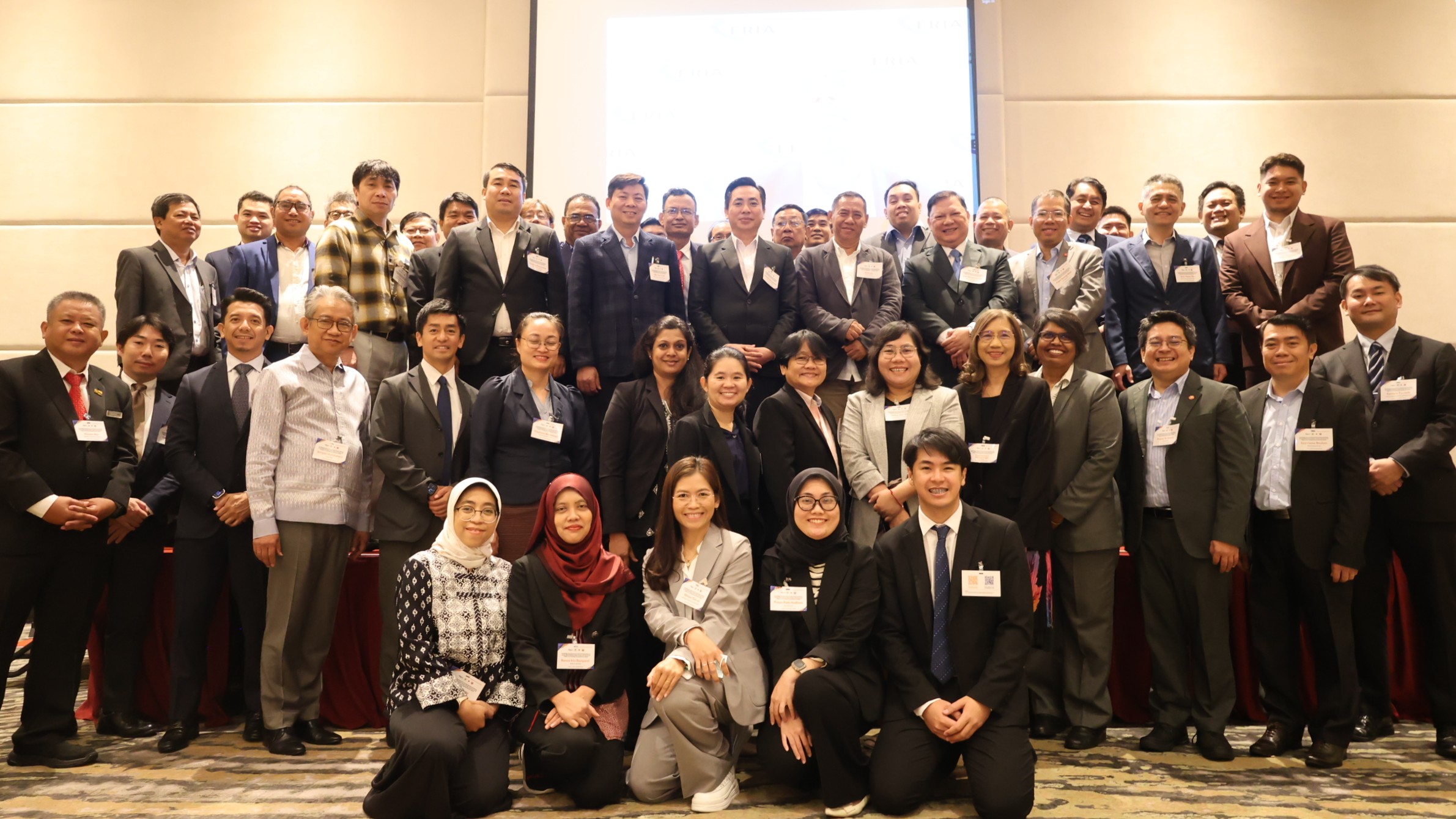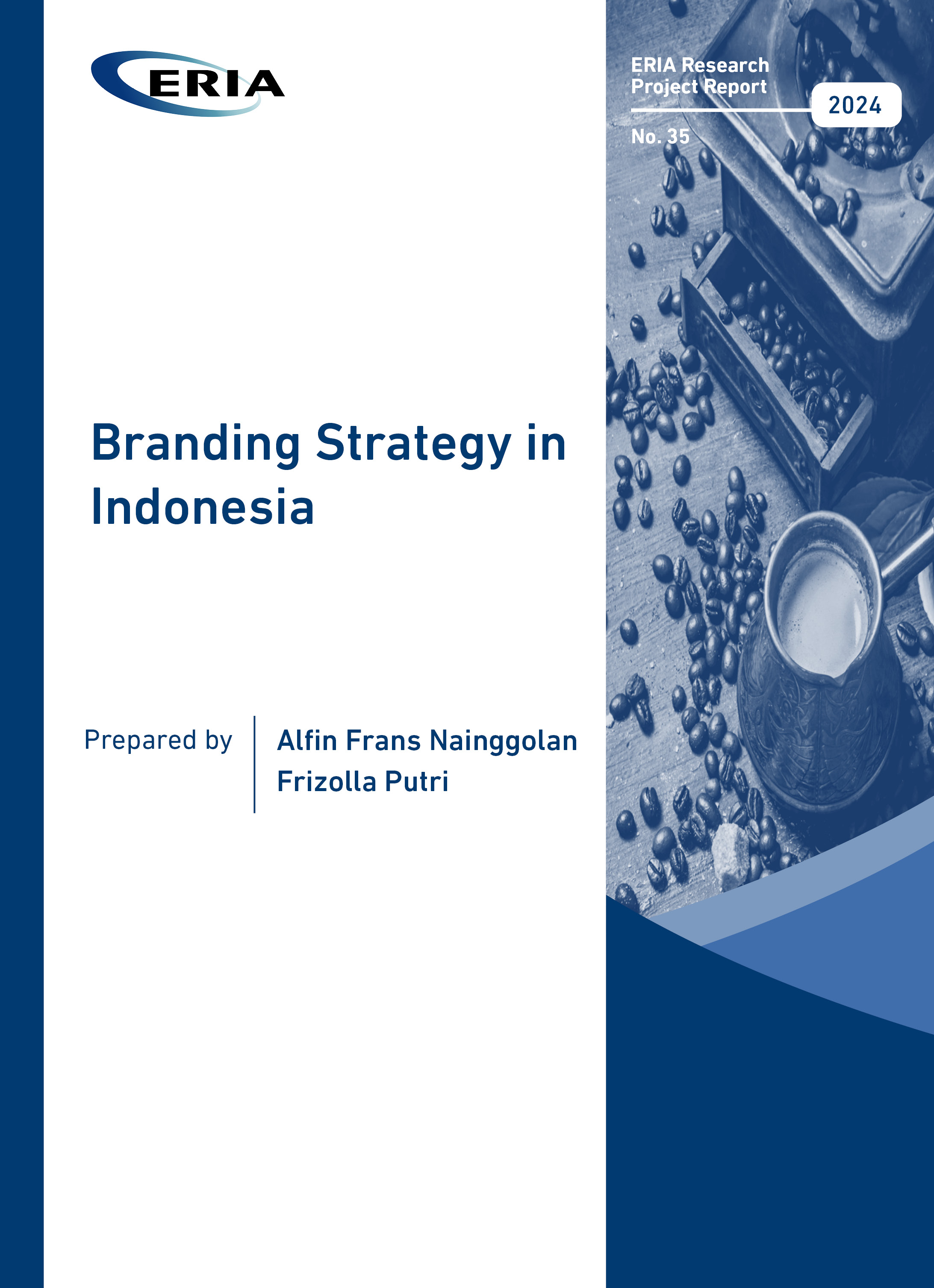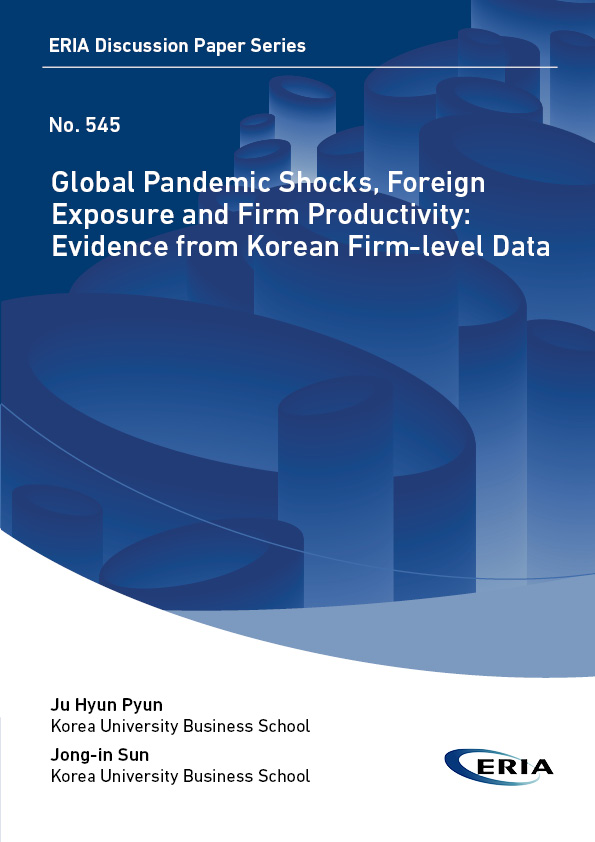ERIA – ITB Joint Workshop: Advancing Cybersecurity and Autonomous Vehicles Collaboration in Southeast Asia
Date:
8 May 2024Category:
NewsShare Article:
Print Article:
Bandung, 8 May 2024: Addressing the cybersecurity hurdles associated with the deployment of autonomous vehicles (AV), ERIA Digital Innovation and Sustainable Economy Centre (E-DISC) and Institut Teknologi Bandung (ITB) jointly conducted a workshop discussing cybersecurity issues and AVs. Koji Hachiyama, ERIA’s Chief Operating Officer, stated that this workshop marks a step in leveraging combined expertise to address cybersecurity challenges in AV technology. The collaboration between the two institutions was formalised through a Memorandum of Understanding signed last December, thereby integrating ITB into ERIA’s ASEAN Technology University Network.
‘Our ASEAN Technology University Network aims to foster robust collaboration between ERIA and universities across the region, driving development in digital innovation and sustainable economy programs. Through E-DISC, our platform for engagement, we facilitate knowledge exchange and joint initiatives, advancing our collective mission towards a prosperous ASEAN,’ said COO Hachiyama in his opening remarks of the workshop, which covered three main topics, namely the discussion of the cybersecurity issues in the ASEAN Digital Economy Framework Agreement (DEFA), cybersecurity policies in ASEAN, issues on AV, and the development of the automotive sector in Indonesia and ASEAN.
The ASEAN Technology University Network initiative aims to support DEFA through research-based policy recommendations, the development of human capital capable of producing tech-savvy resources, and the establishment of a platform for joint research among universities across the Southeast Asia region. Additionally, COO Hachiyama mentioned that ERIA and its university partners would collaborate on policy recommendations, alongside hosting public-private dialogues, workshops, and networking events.
In her remarks, Prof Reini Wirahadikusumah, the Rector of ITB, highlighted the importance of the event in connecting experts in their respective fields. She emphasised that such an event should go beyond being just an academic exercise; it should be perceived as a call for collaboration and innovation to forge a future for AV that works alongside a robust cybersecurity infrastructure.
This workshop brought together key experts, government officials, academia, intergovernmental organisations, and representatives from the public and private sectors to collaborate and share insights on the latest developments in cybersecurity and AV issues in ASEAN countries. Additionally, it aimed to provide comprehensive knowledge and foster a better understanding among stakeholders while exploring challenges and opportunities in cybersecurity that might influence the advancement of the AV industry.
The first session underscored the significance of addressing cybersecurity concerns that could impede digital economy development in ASEAN. Cybersecurity is one of the central issues in DEFA. Challenges such as cyberattacks targeting micro-, small-, and medium-sized enterprises that are on the rise can be addressed through heightened security awareness, skill development, and the pursuit of viable solutions to ensure a secure platform. In response to these cybersecurity challenges, ASEAN Member States (AMS) have established the ASEAN Cybersecurity Cooperation Strategy 2001-2025, which provides regional cooperation frameworks, including the ASEAN Computer Emergency Response Team for information dissemination and capacity building.
The second session discussed the necessity for complex and robust collective defence mechanisms to confront the evolving cybersecurity challenges in the Southeast Asia region. ASEAN attempts to address cybersecurity issues through specific collective measures and policy frameworks; however, most of these frameworks are applied on a voluntary basis. For instance, in addressing data protection, AMS established the ASEAN Framework on Personal Data Protection to enhance the safeguarding of personal data in the region as a guideline; however, each AMS develops its own regulations for its application. This panel discussion also deliberated on Internet Infrastructure Health Metrics, which can be instrumental in assessing the condition of critical components of Internet infrastructure.
The last session of the workshop covered AV issues and their development. One of the primary concerns regarding AV that must be addressed is security issues related to cyberattacks, as consumers would not be reluctant to embrace autonomous cars unless the technology guarantees passenger safety. In addition to safety and reliability aspects, attention must be given to the advancement of sensor technology, perception algorithms, mapping and localisation technologies, user interfaces, energy efficiency, and sustainability in AV products.
Efforts to mitigate cybersecurity threats and ensure the safety of AV products should involve collective actions. Government or state entities need to play a role in guaranteeing the economic security of AV industry development, while businesses seek profitability. Simultaneously, the development of AVs must prioritise protecting privacy, ensuring transparency, and promoting safety for civil society as consumers and users. This workshop facilitated a comprehensive discussion, bringing together diverse stakeholders to shape the future of the AV industry in ASEAN that mutually benefits all related parties.
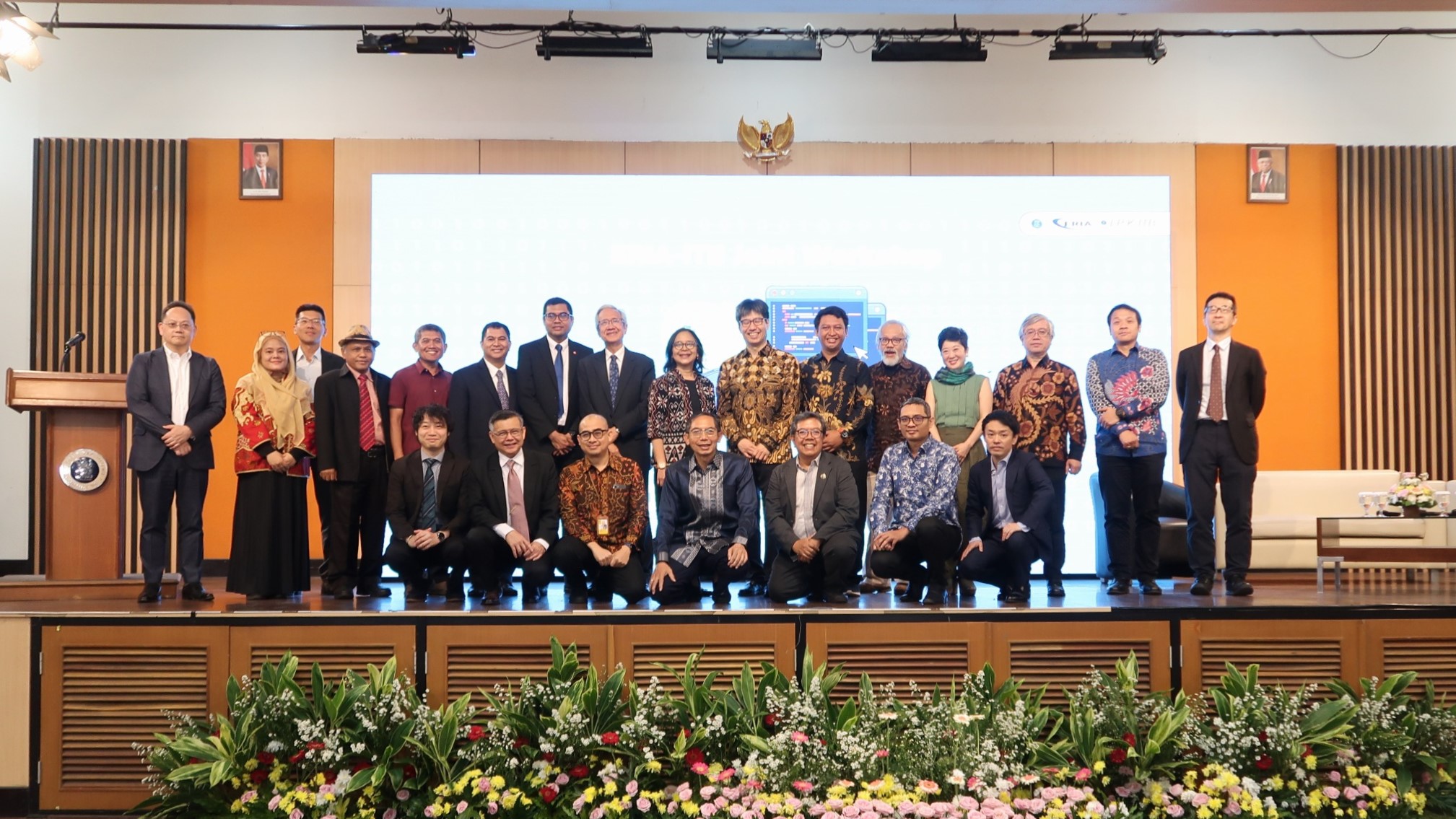
.jpg)




